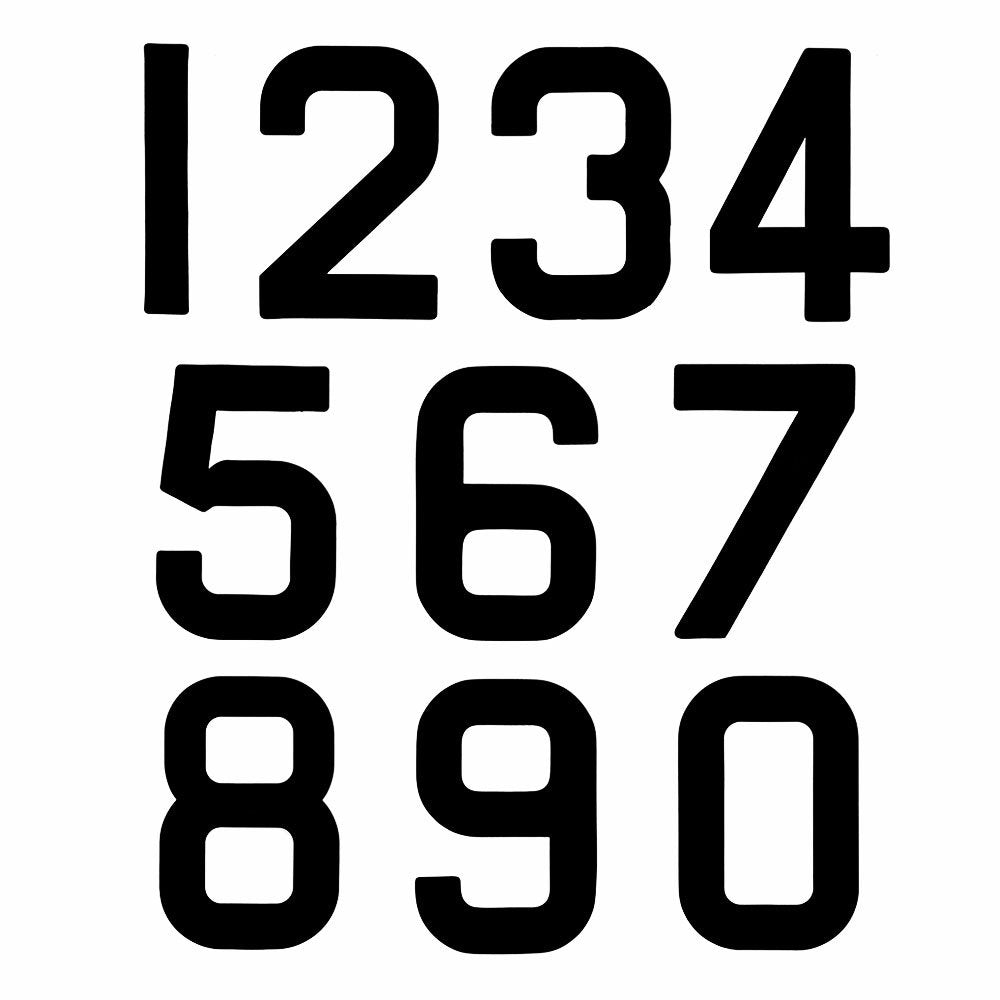With the Olympics well and truly been and gone, and many already restarting their campaigns towards Paris 2024, I was recently reflecting about some of the lessons I learnt from the outside looking in. Whilst I didn’t get to be there on the ground, I spent every morning of the sailing competition watching the racing while helping the German Sailing Team achieve one their best Olympic results yet. This article however, isn’t going to be about what lead to those results, but instead, some observations from the Games as a whole about sailing performance.
What is your expected outcome and how is luck involved?
Personally, I tend to define luck as an outcome which differs to the one which you expect to get ‘on average’ or ‘most of the time’. This can be a positive or negative outcome as a result of good or bad luck. We all know that sailing is a sport that has an endless number of variables, and you can often ‘get lucky’ and win a race, but can you ‘get lucky’ and win a whole regatta? This observation doesn’t necessarily come from the Olympics itself, but when prior to the Olympics, I had a number of people asking me why I didn’t think certain high performing sailors were going to do well at the Olympics. In short, it came down to how I ‘expected’ they would do at the Games. If a team wins one or two big regattas in the lead up to the Olympics, this doesn’t necessarily mean they’re expected outcome is to win at the Games. If their other results throughout the quad include 20th, 16th, etc, then they’re ‘expectation’ is probably more around Top 10. The counterexample to this would be Matt Wearn. Throughout the quad, he was rarely outside the Top 5 at any major regatta, so his expectation for the Olympics put him firmly inside the top 5, and probably on the podium, and despite some early issues at the Games, he ended up meeting his expectation.
You really can’t prepare enough
Sailors can spend anywhere between 4 and 12 years preparing to go to the Olympics, but even once you get there, it seems you can’t quite be prepared for the things a regatta the size of the Games will throw at you. There were a number of situations which came up in this version of the regatta which nearly no one could have prepared for. Take for example, the situation where Annmarie Rindom got her second yellow flag prior to the last ‘fleet race’ of the regatta, and was unsure if she could restart the race or not. This essentially came down to a difference between the Sailing Instructions at the Olympics, and at every other regatta throughout the cycle. The amount of preparation which would be required to know every minute detail of the Sailing Instructions, and then act on them in the heat of the moment is simply beyond what most competitors are able to attend to prior to the Games.
The Olympics tests teams like no other regatta
With the significant upgrade in broadcast technology which we all got to enjoy at this Olympics, we were able to gain a unique insight into the action on each competitor’s boats. There were a number of situations where high performing teams were under significant pressure, and I was pretty shocked by the effect this had on team communication. After at least 4 years of sailing together, you would think that most teams would be used to maintaining positive communication on the boat in the toughest of times. The simple fact is that this is the regatta that everyone has been working towards, and if it’s not going how you would hope, it’s easy to deviate from what you’re used to practicing.
Being able to perform under pressure is one of the most important aspects in being successful in any sport, and this is one of the things that we can all learn to try and incorporate into our training. Whether it’s creating a ‘mini regatta’ with some sort of prize, or including drills which put us in unfamiliar situations, there’s plenty of ways to make a ‘pressurized’ training environment. Then once we’ve done all this work on the water to make sure we’re ready for our big event, it would be worthwhile brainstorming a few ideas about what could possibly go wrong, and mentally rehearsing how you’ll deal with that come regatta time.
With some of these lessons I took away from the Tokyo 2020 Olympics, I hope you might be inspired to think about the way you approach your training, and use some of the lessons to become a better sailor. While most of us will never get the honour of competing at the Olympics, it doesn’t mean we can’t train for our regattas like we’re going to.


